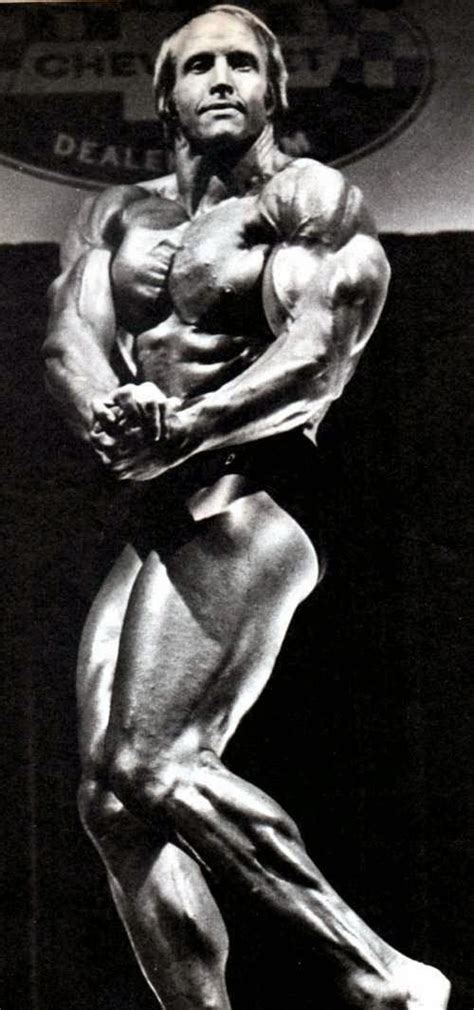A Quote by Jay S. Walker
The issue is not to ask your customers what they want today, but to try to imagine what the customer is going to want in a world where, for instance, their cellphone is in their glasses.
Related Quotes
The customer wants what the customer wants - when they want it, where they want it, and how they want it. And if you want to build a big business, and you want to be meaningful to a big, broad group of customers, you need to think about how you're going to meet them in the various places where they might expect to see you.
Convincing isn't really possible in an age of customer control. Customers hold most of the cards today. They have good visibility into their choices, and they can easily share information with each other. Not only that, they don't like to be sold. But they do like to buy. Your job shouldn't be to convince customers to buy, but to help them buy what they want.
The outside-in discipline requires that you have an explicit customer-based reason for everything you do in the marketplace. Managers need to create what I call "customer pictures," verbal descriptions of customers that highlight the key customer characteristics and make those customers come alive. Although managers never know as much about customers as they want and need to know, the outside-in discipline requires that they construct customer pictures anyway, basing the pictures on whatever hard data they have plus hypotheses and intuition.
Customers are a great way to finance a business for many reasons. First, customer financing is typically non dilutive. They want something from you other than equity in your business. Customers also help you fit your product to the market. And customers will help debug and improve the quality of the product.
My view is that everything begins with the customer. If you know the customer, then you can match the merchandise and then you can market it. The marketing is kind of the icing. The foundation is the cake. That's the merchandise. Then the question is, "Do the customers want cake, or do they want cupcakes or donuts. What is it?"
Often, very talented technical people find it extraordinarily difficult to take the viewpoint of customers, who are often ignorant about the technology and who may have strong and perhaps incorrect prejudices about it. The technical people may believe, deep down, that they know better what customers "should" need. Customers, of course, have a different perspective. They want products that will solve customer problems and provide other customer benefits, and will do so without undue risk or cost. Not infrequently, customers view advanced technology itself as a risk.
What I want to tell you today is not to move into that world where you're alone with yourself and your mantra and your fitness program or whatever it is that you might use to try to control the world by closing it out. I want to tell you just to live in the mess. Throw yourself out into the convulsions of the world. I'm not telling you to make the world better, because I don't believe progress is necessarily part of the package. I'm telling you to live in it. Try and get it. Take chances, make your own work, take pride in it. Seize the moment.
































